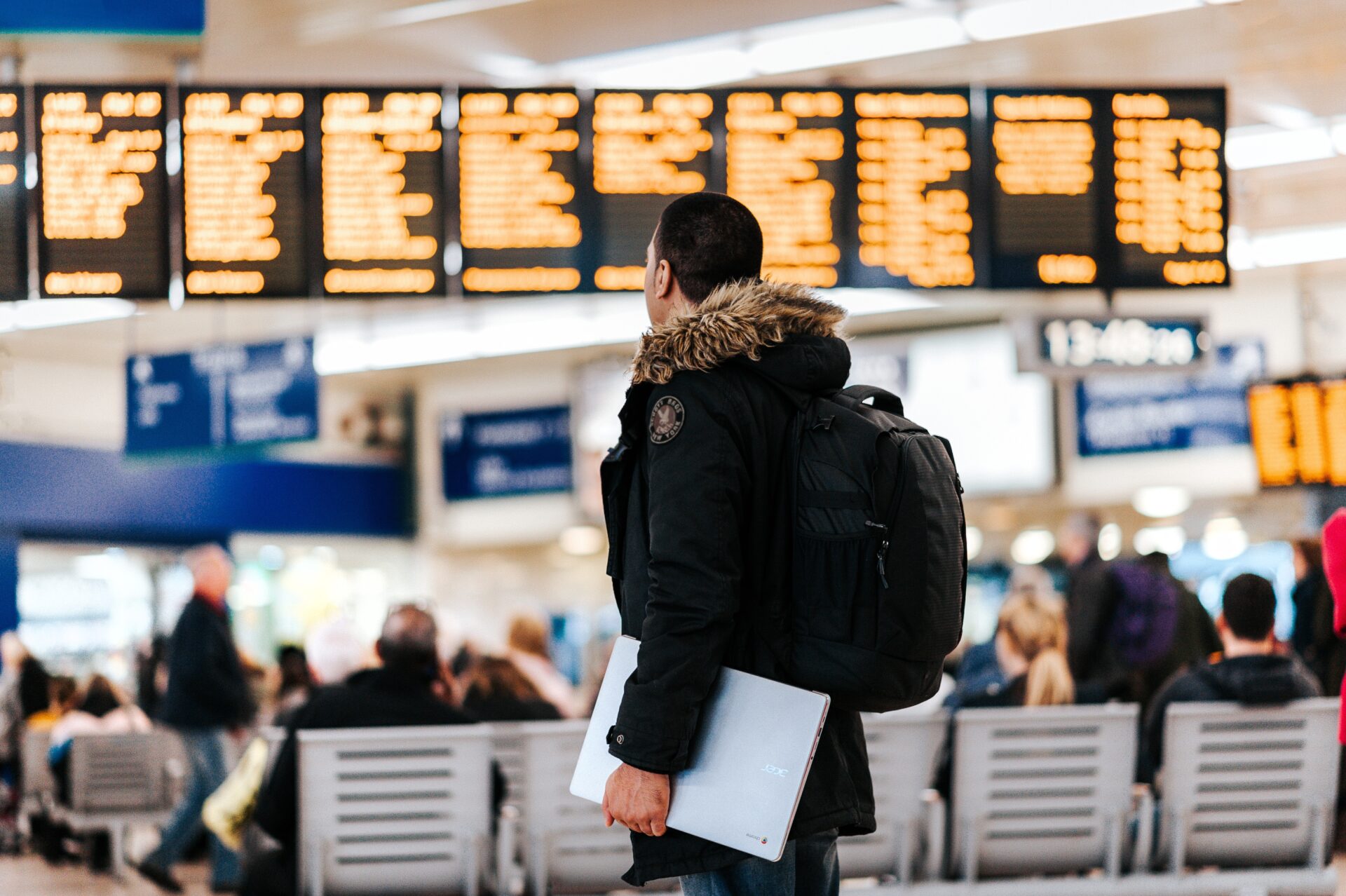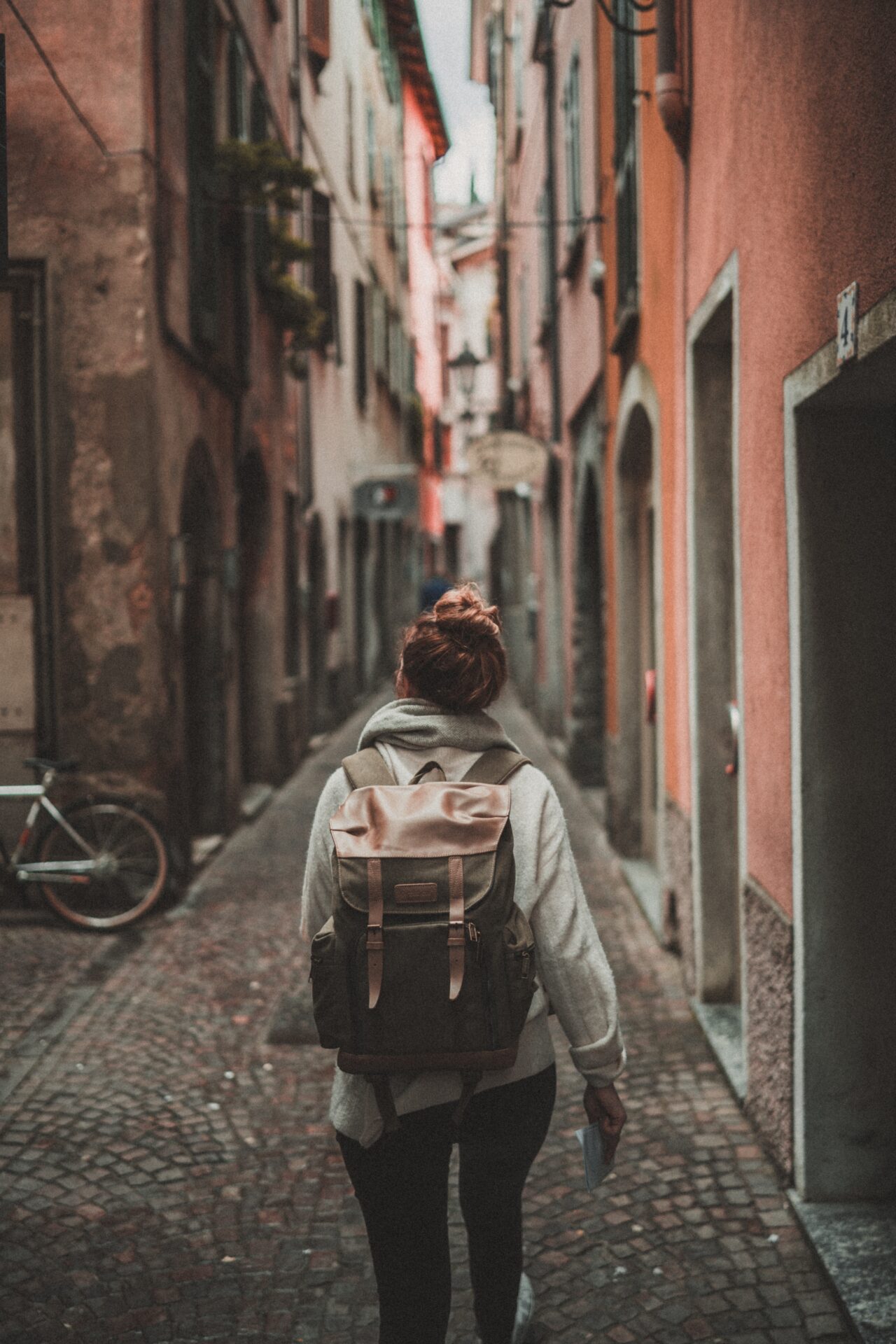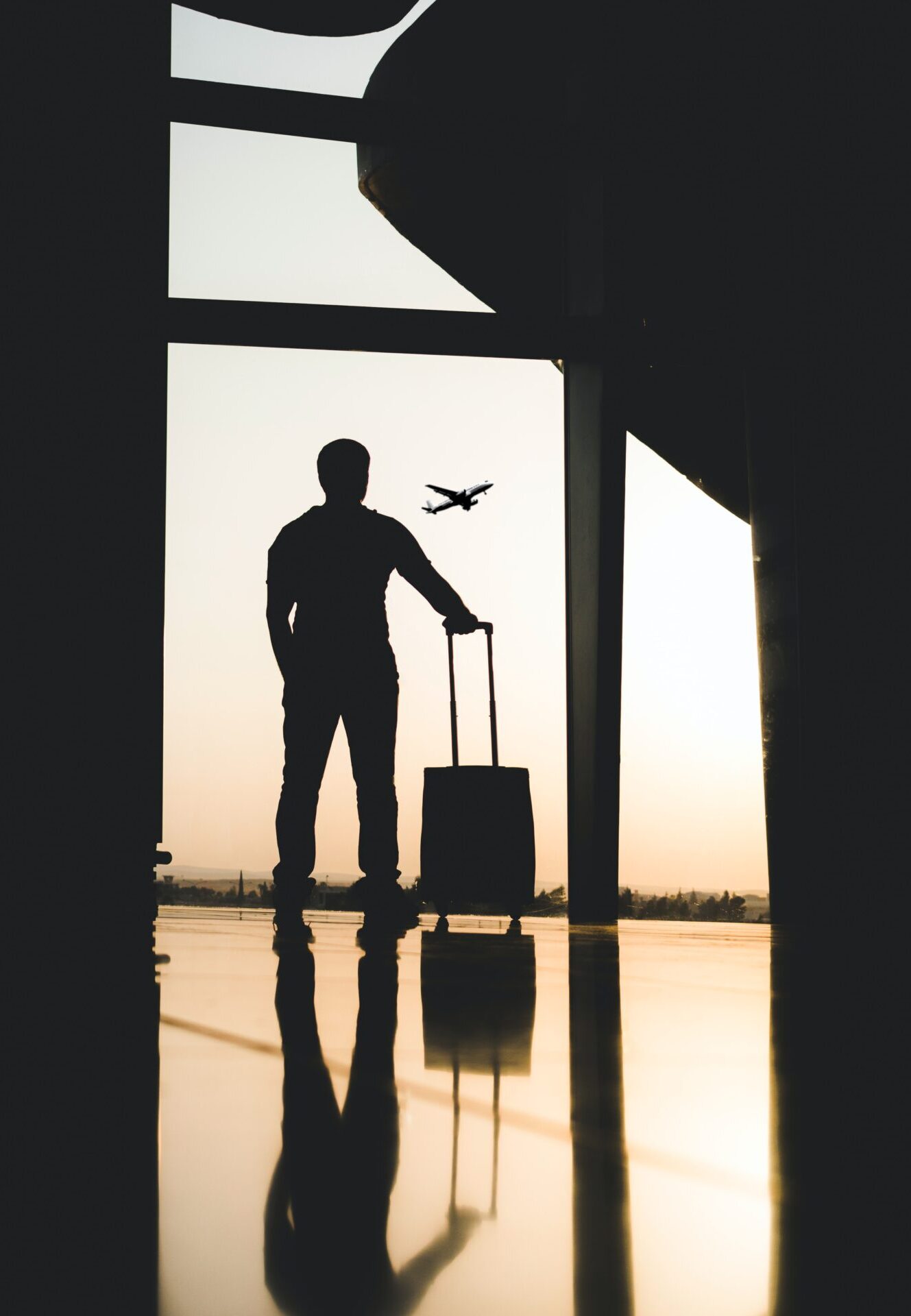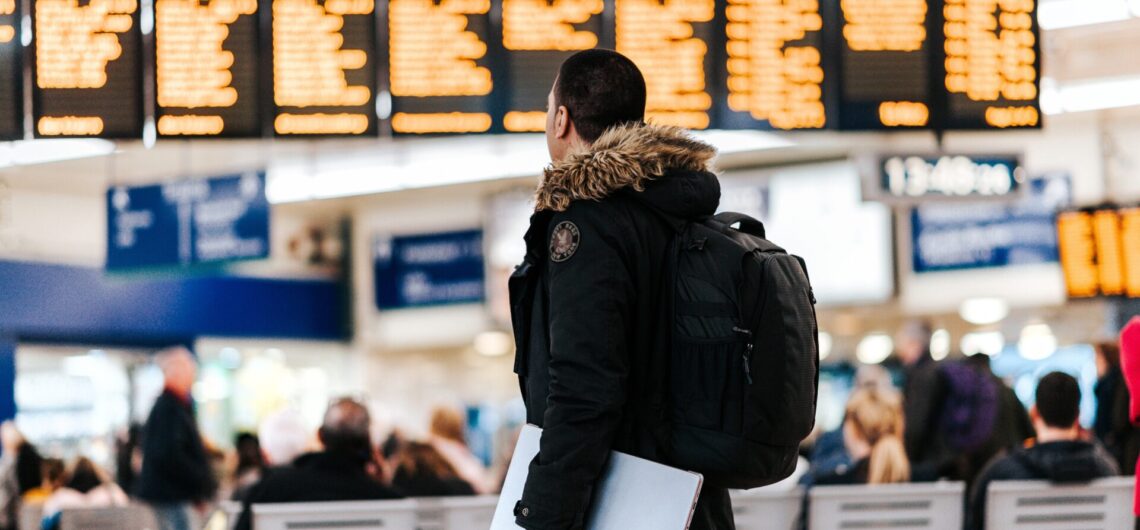 Traveling to new countries is an exciting and enriching experience that allows us to broaden our horizons, gain new perspectives, and embrace diverse cultures. However, it is crucial to approach travel with cultural sensitivity and respect. By understanding and appreciating the customs, traditions, and values of the countries we visit, we can forge meaningful connections, avoid misunderstandings, and make a positive impact on the communities we encounter. In this blog post, we will explore some key principles and practical tips to help us be more culturally sensitive and respectful when traveling to new countries.
Traveling to new countries is an exciting and enriching experience that allows us to broaden our horizons, gain new perspectives, and embrace diverse cultures. However, it is crucial to approach travel with cultural sensitivity and respect. By understanding and appreciating the customs, traditions, and values of the countries we visit, we can forge meaningful connections, avoid misunderstandings, and make a positive impact on the communities we encounter. In this blog post, we will explore some key principles and practical tips to help us be more culturally sensitive and respectful when traveling to new countries.
1. Educate Yourself
Before embarking on your journey, take the time to educate yourself about the destination’s culture, history, and customs. Research online, read books or travel guides and engage with locals or expatriate communities who can provide valuable insights. Understanding the social norms, taboos, and religious practices will help you navigate the new environment with respect and avoid inadvertently offending anyone.

2. Embrace an Open Mindset
Cultural sensitivity begins with an open mind. Recognize that your own cultural lens may differ significantly from that of the country you are visiting. Be prepared to embrace and learn from these differences rather than judging or imposing your own values. Approach encounters with curiosity, humility, and a willingness to adapt your behavior accordingly.
3. Respect Local Customs and Traditions
Respecting local customs is vital to show cultural sensitivity. Observe how locals behave and follow their lead. Dress modestly in conservative countries or religious sites, cover your head if required, remove your shoes when entering someone’s home or sacred places, and adhere to specific codes of conduct. Be mindful of gestures, as some may have different meanings or be considered offensive in certain cultures.
4. Learn Basic Local Phrases
Learning a few basic phrases in the local language can go a long way in demonstrating respect and building connections. Simple greetings, thank you, please, and apologies can bridge the communication gap and show locals that you are making an effort to engage with their culture. Locals appreciate when visitors attempt to communicate in their language, even if it’s just a few words.

5. Be Aware of Non-Verbal Communication
Non-verbal communication varies across cultures. Gestures, body language, and personal space can hold different meanings in different countries. Avoid making assumptions and be observant. For instance, a thumbs-up gesture may be positive in some places but offensive in others. Adapt to local customs and observe how locals interact to ensure you’re communicating effectively and respectfully.
6. Engage in Responsible Tourism
Being culturally sensitive also means being responsible and respectful toward the environment, heritage sites, and local communities. Support local businesses, artisans, and vendors to contribute directly to the local economy. Be mindful of your environmental impact, avoid wasteful practices, and follow guidelines for responsible tourism. Respect sacred sites, wildlife, and local customs when visiting natural or cultural landmarks.

7. Practice Patience and Flexibility
Traveling in unfamiliar territories can be challenging, and cultural differences may lead to misunderstandings. Patience and flexibility are key. Keep in mind that things may not always go as planned, and local customs may require adjustments to your expectations. Embrace these moments as opportunities for personal growth and understanding.
8. Ask Permission and Seek Consent
When photographing people or entering someone’s personal space, it is crucial to seek permission and respect personal boundaries. Some cultures may have specific beliefs regarding photography or personal privacy. Always ask before taking someone’s picture, and be receptive to their response. It is essential to prioritize consent and respect the wishes of others.
Traveling with cultural sensitivity allows us to connect authentically with the people and places we visit. By being mindful of local customs, adapting our behavior, and embracing different perspectives, we can cultivate meaningful experiences and foster mutual respect. Remember, every journey is an opportunity to learn, grow, and bridge cultural gaps. Let us embrace the world’s diversity with open hearts and open minds, ensuring that our travels leave a positive impact on the communities we encounter.


